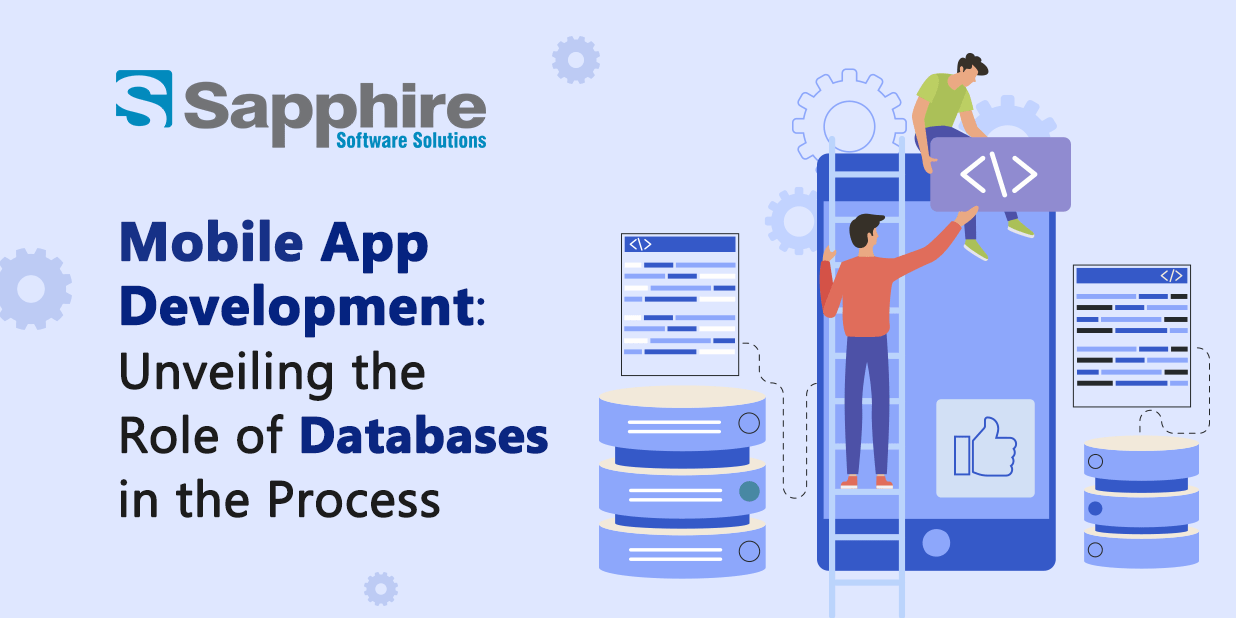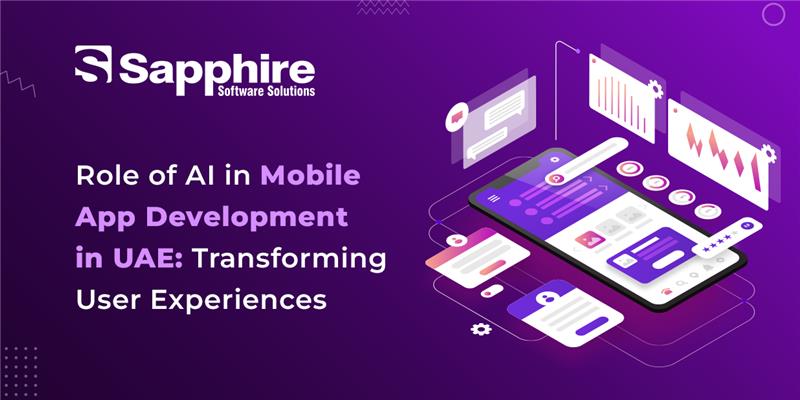Mobile apps have become an essential part of our everyday lives due to the change brought about by mobile technology in how we engage with digital services. In the background, databases are essential to creating and operating mobile applications. This post will examine databases’ functions, kinds, and best practices in Mobile App Development Services.
Understanding the Function of Databases in the Development of Mobile Apps:
As the foundation for data storage, retrieval, and administration, databases are essential to creating mobile apps for a mobile app development company in USA. Successful mobile app development requires effective data management, data security, and database performance optimization.
Types of Databases Used in the Development of Mobile Apps:-
Databases are essential for effectively storing and managing data while creating mobile apps. Multiple database types are used to accommodate diverse data needs and application situations.
Several popular database types utilized in the creation of mobile apps include:
The selection of the database type is based on the particular demands of the mobile application, including the complexity of links between data entities, scalability needs, performance needs, and data structure. To choose the best database solution for their mobile app, developers must carefully consider these aspects, assuring maximum speed, data security, and a smooth user experience.
Impact of Databases on the Performance of Mobile Apps:
Databases significantly impact how quickly data can be accessed and retrieved, essential for mobile app performance. The speed of response and overall user experience of the app may both be considerably enhanced by a well-optimized database. Whether you’re working with a specific managing multiple databases names, data caching, query optimization, and proper indexing all contribute to reducing latency and database load. Performance is further improved by caching techniques and in-memory, which hasten data access. Effective database design and maintenance—regardless of the db names or the list of databases involved—eventually bring high user satisfaction and app retention rates, which is crucial for maintaining seamless and responsive mobile app performance. Choosing the right structure from organizing your database list effectively plays a key role in that optimization.
Access to Offline Data and Synchronization:
The creation of mobile apps must take synchronization and offline data access into account. During synchronization, databases are crucial in maintaining data consistency across servers and devices. Databases assist in storing and managing data locally while users are offline, enabling them to utilize the program without interruption. When you reconnect, the app syncs your local data with the server to protect the integrity of your data. For mobile applications to function well for users regardless of network availability and to ensure data integrity, efficient synchronization, and offline data access techniques are crucial.
Data privacy and security:
The creation of mobile apps must prioritize security and data privacy, and databases are essential for protecting sensitive user data. Databases use various security techniques, such as encryption, to safeguard data confidentiality and guard against illegal access. Access control systems limit database access to authorized users to avoid possible breaches. Mobile app developers may gain customers’ confidence by putting strong security measures in place, protecting their data, and abiding by data protection laws.
Integration of Backend Services and Databases:
Development of mobile applications requires database interaction with backend services. The backend manages data requests and responds as the app and database go-between. Application Programming Interfaces (APIs) make it easier for the app and the backend to communicate, which makes it easier to get and store data. The backend evaluates incoming data, applies business logic, and communicates with the database to maintain and update information. An adequate data flow, fluid data synchronization, and correct handling of user interactions are all made possible by a well-integrated backend, resulting in a seamless user experience and trustworthy data management in mobile applications.
Guidelines for Database Management and Design:
Optimizing speed, guaranteeing data integrity, and maintaining a scalable mobile app depend on effective database architecture and maintenance.
The best practices to adhere to are listed below:
These recommended practices may help mobile app developers build dependable database systems that provide smooth user experiences, excellent speed, and data security. Hire Mobile App Developer in USA from Sapphire Software Solutions for your upcoming Projects.






































